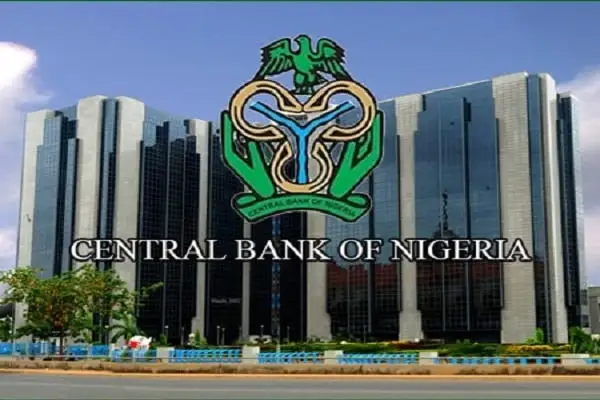News
CBN Uncovers $2.4B Foreign Exchange Scam(Details Here)

In a startling revelation, the Central Bank of Nigeria (CBN), Governor Yemi Cardoso, has disclosed that law enforcement agencies are investigating foreign exchange forwards valued at approximately $2.4 billion.
Cardoso noted that these transactions are deemed ineligible for payment.
This disclosure emerged after the Monetary Policy Committee (MPC) meeting held in Abuja on Tuesday, March 26.
The CBN governor shed light on the meticulous forensic audit conducted on these transactions, uncovering numerous discrepancies and rendering them invalid.
The CBN, upon settling certain tranches of FX backlog, encountered transactions marred by issues concerning their authenticity.
Consequently, Deloitte management consultants were engaged to conduct a comprehensive forensic analysis spanning several months to scrutinize the legitimacy of these forward-contracted transactions.
During the audit process, it was established that several transactions failed to meet the criteria for validation. Instances were found where allocations worth millions of dollars were disbursed without corresponding requests, and some transactions lacked proper documentation or were outright illegal.
According to Cardoso, “In the cause of that forensic audit, we determined that a number of these transactions did not qualify. In some cases, you had some requests, which well you actually had some allocations that were made in millions of dollars, which were never requested for.
“You also had somewhere they had no Naira and they were also allocated, you know, huge sums, the foreign exchange and the list goes on and it was for that reason that we refused to validate those particular transactions.
“We refused to validate them because you know apart from the fact that documentation was not satisfactory in many cases they were outright illegal and the law enforcement agencies of course are now looking into those transactions that are as far as we’re concerned, not valid to be paid.”
Addressing concerns about potential backlogs among stakeholders, Cardoso assured that the market remains open and transparent for them to address any outstanding contractual obligations. However, the CBN has diligently verified and settled recognized backlogs of forward transactions.
Cardoso reiterated the CBN’s commitment to maintaining price stability and fighting inflation. He emphasized the need for strict adherence to the core mandate of the central bank, ensuring the restoration of the average Nigerian’s purchasing power.
To this end, the MPC announced a significant hike in the benchmark interest rate to 24.75 percent as part of efforts to curb inflation. This decision, accompanied by adjustments to reserve requirements for banks, aims to tighten control over the money supply and stabilize prices.
According to Cardoso, the committee decided to: raise the Monetary Policy Rate (MPR) by 200 basis points to 24.75 percent from 22.75 percent; adjust the asymmetric corridor around the MPR to +100/-300 basis points; retain the Cash Reserve Ratio of Deposit Money Banks at 45.0 percent; adjust the Cash Reserve Ratio of Merchant Banks from 10.0 percent to 14.0 percent and retain the Liquidity Ratio at 30.0 percent
Looking ahead, the CBN anticipates a gradual moderation of inflation rates by May, with measures in place to foster economic growth while maintaining price stability. The committee called for the full implementation of agricultural policies to enhance food supply and urged broader fiscal consolidation to improve tax collection.
Furthermore, Cardoso addressed concerns regarding the forex market, emphasizing the need to foster competition and transparency. He criticized the “oligopolistic nature of restrictions on dairy imports,” advocating for an open and inclusive foreign exchange market.
On the issue of cryptocurrency regulation and the Binance scandal, Cardoso clarified the CBN’s limited role, highlighting collaboration with relevant authorities while emphasizing that cryptocurrency regulation falls under the purview of the Security and Exchange Commission (SEC).

